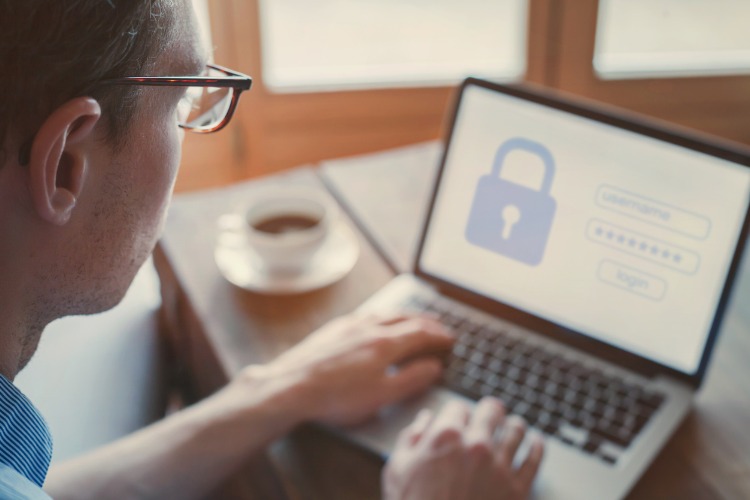8 Essential Cybersecurity Tips for Protecting Your Online Identity
In the era of the internet, our online identities often carry as much weight as our physical ones. Everything from banking and shopping to socializing and working is now done online, making our digital identity a tempting target for cybercriminals. It's more important than ever to take proactive steps to protect your online identity from these threats. In this article, we'll outline seven essential cybersecurity tips you can adopt to keep your digital persona safe.
Understanding the Importance of Online Identity Protection
Your online identity consists of your personal and financial information that can identify you on the internet, including your name, address, social security number, and bank account details. This information, if fallen into the wrong hands, can lead to devastating consequences like identity theft and financial fraud. Understanding the importance of protecting your online identity is the first step towards cybersecurity.
1. Create Strong, Unique Passwords
The first line of defense in protecting your online identity is a strong password. Cybercriminals often use sophisticated software to crack passwords, so it's crucial to make your password as tough to break as possible. Use a mix of letters, numbers, and symbols, and avoid using easily guessable information like birthdays or names. It's also vital to use different passwords for each online account.
2. Use Two-Factor Authentication (2FA)
Two-factor authentication adds an extra layer of security to your accounts. Even if a hacker manages to get your password, they won't be able to access your account without the second verification method. This could be a text message, an email, a biometric data, or an authenticator app. Implementing 2FA is a simple yet effective way to protect your online identity.
3. Keep Your Software Updated
Cybersecurity is a constant race between cybercriminals developing new ways to breach systems and software developers patching those vulnerabilities. Regularly updating your operating systems, browsers, and apps ensures you benefit from the latest security patches and stay one step ahead of the hackers.
4. Be Wary of Phishing Attempts
Phishing is a common tactic used by cybercriminals to trick you into revealing sensitive information. They might send an email that looks like it's from a trusted source, like your bank, asking you to confirm your details. Always double-check the source of any communication and never click on links or download attachments from unknown sources.
5. Utilize a Reliable Security Suite
A comprehensive security suite that includes antivirus, anti-malware, and firewall protection is a must for anyone serious about protecting their online identity. Look for a suite that offers real-time protection and regular updates to keep up with the latest threats.
6. Regular Check-ups With a SOC 2 Auditor
Regular audits from a professional SOC 2 auditor can significantly enhance your personal cybersecurity efforts. These audits will assess your personal data management practices and systems against established security standards, helping you identify and rectify any potential weaknesses.
7. Be Careful With What You Share Online
One of the simplest ways to protect your online identity is to be mindful of the information you share on the internet. This includes social media, online forms, and even emails. Remember, once information is online, you can't take it back.
8. Beware of Public Wi-Fi Networks
While it's tempting to use free public Wi-Fi networks at cafes, airports, or libraries, they often lack adequate security measures, making them hotspots for cybercriminals. Attackers can intercept your data transmission on these networks, gaining access to your personal and financial information. It's advisable to use a virtual private network (VPN) while accessing public Wi-Fi. A VPN encrypts your data, making it unreadable to anyone who might intercept it, and thus adds an extra layer of protection for your online identity.
In Conclusion
In today's interconnected world, protecting your online identity is of utmost importance. It starts with understanding the risks, and then implementing practical steps such as using strong passwords, enabling two-factor authentication, keeping software updated, and being cautious about sharing personal information online. Utilizing security suites and avoiding public Wi-Fi networks also play critical roles. Lastly, remember that regular check-ups with a SOC 2 auditor can provide an invaluable third-party perspective on your cybersecurity efforts. Taking these steps will fortify your defenses, allowing you to enjoy the convenience of online activities with greater peace of mind. Stay safe in the digital world—it's worth the effort!

